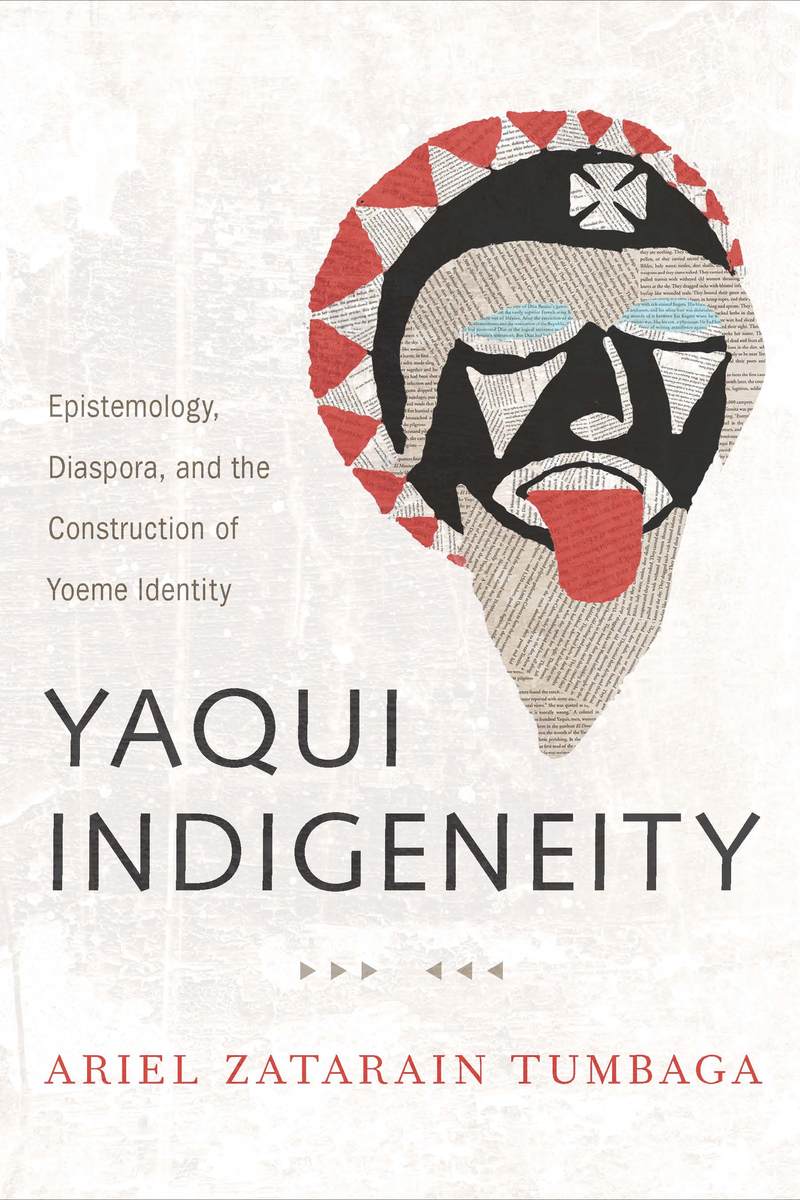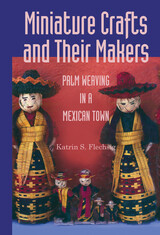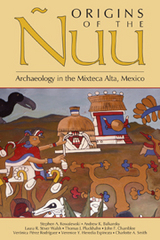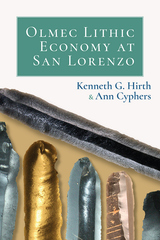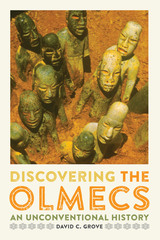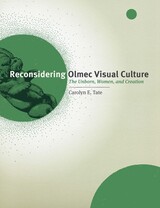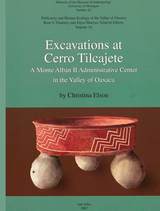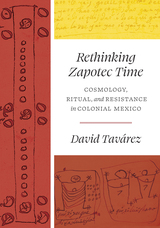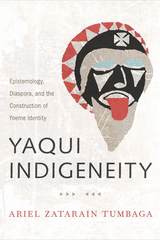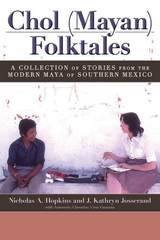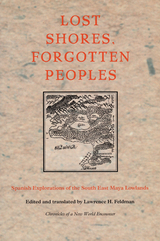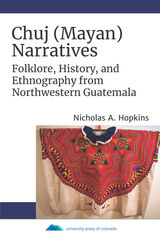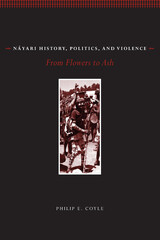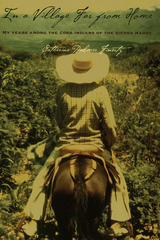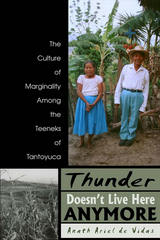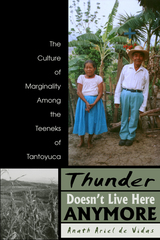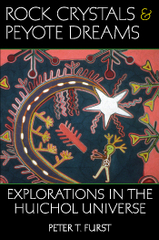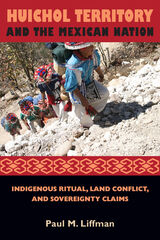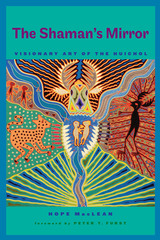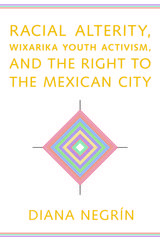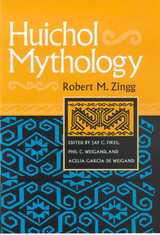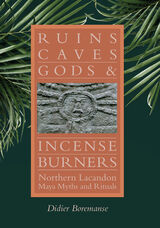Yaqui Indigeneity: Epistemology, Diaspora, and the Construction of Yoeme Identity
University of Arizona Press, 2018
Cloth: 978-0-8165-3588-0 | eISBN: 978-0-8165-3834-8 | Paper: 978-0-8165-3937-6
Library of Congress Classification F1221 .Y3T86 2018
Dewey Decimal Classification 305.8974542
Cloth: 978-0-8165-3588-0 | eISBN: 978-0-8165-3834-8 | Paper: 978-0-8165-3937-6
Library of Congress Classification F1221 .Y3T86 2018
Dewey Decimal Classification 305.8974542
ABOUT THIS BOOK | AUTHOR BIOGRAPHY | REVIEWS | TOC
ABOUT THIS BOOK
The Yaqui warrior is a persistent trope of the Mexican nation. But using fresh eyes to examine Yoeme indigeneity constructs, appropriations, and efforts at reclamation in twentieth- and twenty-first-century Mexican and Chicana/o literature provides important and vivid new opportunities for understanding. In Yaqui Indigeneity, Ariel Zatarain Tumbaga offers an interdisciplinary approach to examining representations of the transborder Yaqui nation as interpreted through the Mexican and Chicana/o imaginary.
Tumbaga examines colonial documents and nineteenth-century political literature that produce a Yaqui warrior mystique and reexamines the Mexican Revolution through indigenous culture. He delves into literary depictions of Yaqui battalions by writers like Martín Luis Guzmán and Carlos Fuentes and concludes that they conceal Yaqui politics and stigmatize Yaqui warriorhood, as well as misrepresent frequently performed deer dances as isolated exotic events.
Yaqui Indigeneity draws attention to a community of Chicana/o writers of Yaqui descent: Chicano-Yaqui authors such as Luis Valdez, Alma Luz Villanueva, Miguel Méndez, Alfredo Véa Jr., and Michael Nava, who possess a diaspora-based indigenous identity. Their writings rebut prior colonial and Mexican depictions of Yaquis—in particular, Véa’s La Maravilla exemplifies the new literary tradition that looks to indigenous oral tradition, religion, and history to address questions of cultural memory and immigration.
Using indigenous forms of knowledge, Tumbaga shows the important and growing body of literary work on Yaqui culture and history that demonstrates the historical and contemporary importance of the Yaqui nation in Mexican and Chicana/o history, politics, and culture.
Tumbaga examines colonial documents and nineteenth-century political literature that produce a Yaqui warrior mystique and reexamines the Mexican Revolution through indigenous culture. He delves into literary depictions of Yaqui battalions by writers like Martín Luis Guzmán and Carlos Fuentes and concludes that they conceal Yaqui politics and stigmatize Yaqui warriorhood, as well as misrepresent frequently performed deer dances as isolated exotic events.
Yaqui Indigeneity draws attention to a community of Chicana/o writers of Yaqui descent: Chicano-Yaqui authors such as Luis Valdez, Alma Luz Villanueva, Miguel Méndez, Alfredo Véa Jr., and Michael Nava, who possess a diaspora-based indigenous identity. Their writings rebut prior colonial and Mexican depictions of Yaquis—in particular, Véa’s La Maravilla exemplifies the new literary tradition that looks to indigenous oral tradition, religion, and history to address questions of cultural memory and immigration.
Using indigenous forms of knowledge, Tumbaga shows the important and growing body of literary work on Yaqui culture and history that demonstrates the historical and contemporary importance of the Yaqui nation in Mexican and Chicana/o history, politics, and culture.
See other books on: Construction | Diaspora | Epistemology | Indians in literature | Indigenous Studies
See other titles from University of Arizona Press
